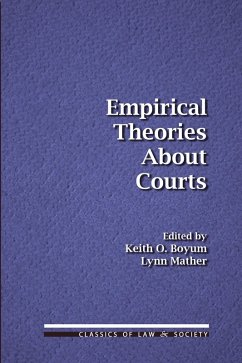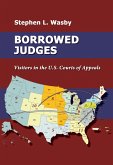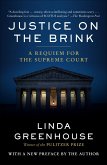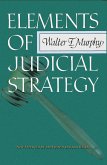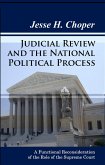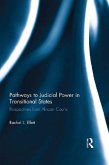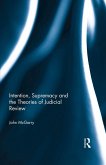Much cited and relevant today in how it frames the analysis of courts, this book's new republication features an additional Introduction and Afterword by the editors, with updates, and a new Foreword by Christina L. Boyd. As Boyd writes, "For nearly all civil and criminal cases the traditional model of court as a judge-dominated, formal adversary process of adjudication does not hold. What exists instead ... is so variable, complex, and dynamic that a proper study of courts must return to first principles. And that is precisely what an all-star list of interdisciplinary court scholars, many of whom have established storied careers as trial court experts, does so well within the chapters of this book." She adds: "I find the text to be very contemporary. Empirical Theories About Courts' design to focus on theory building rather than simply examining discrete datasets or engaging in data mining of a single set of observations is a key factor in the book's longevity."
Quality ebook features includes linked Contents and notes, fully linked and paginated Index, proper formatting, and all of the tables and figures of the original properly presented.
Dieser Download kann aus rechtlichen Gründen nur mit Rechnungsadresse in A, B, CY, CZ, D, DK, EW, E, FIN, F, GR, H, IRL, I, LT, L, LR, M, NL, PL, P, R, S, SLO, SK ausgeliefert werden.

